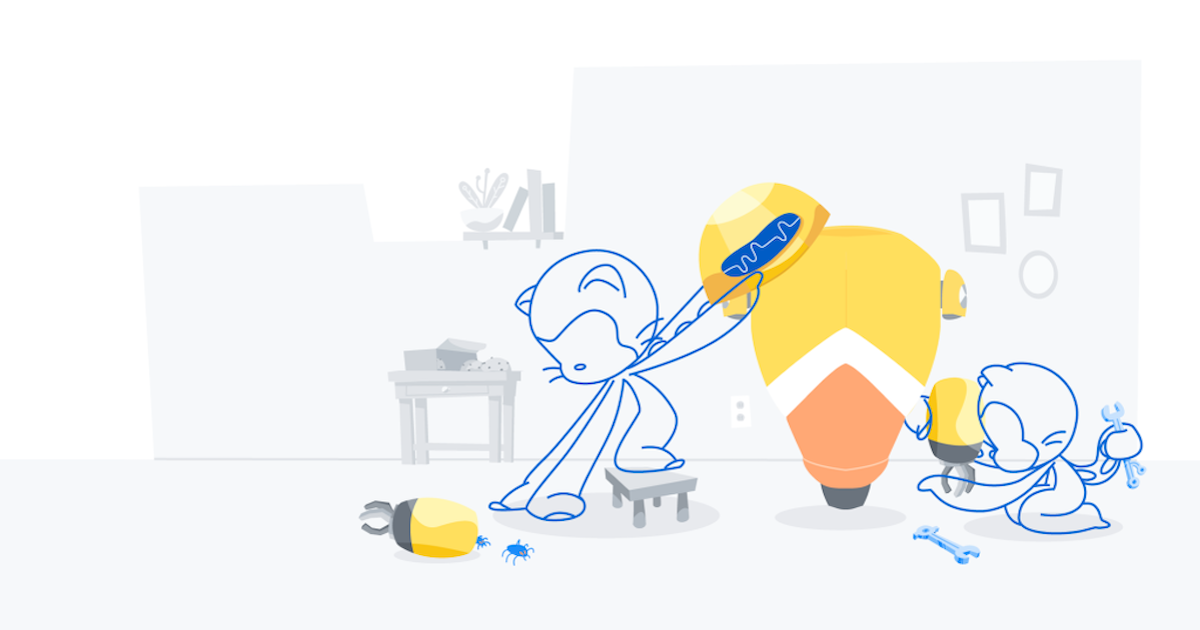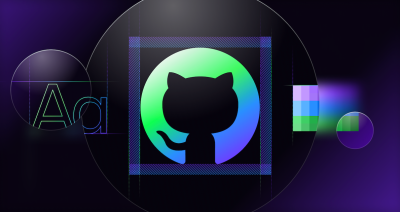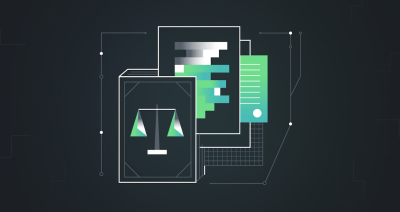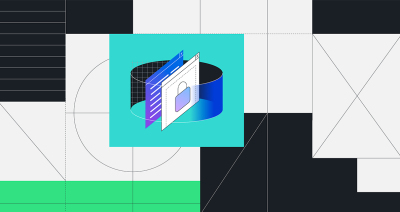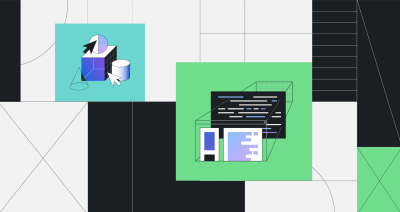
Getting RCE in Chrome with incorrect side effect in the JIT compiler
In this post, I’ll exploit CVE-2023-3420, a type confusion in Chrome that allows remote code execution (RCE) in the renderer sandbox of Chrome by a single visit to a malicious site.
